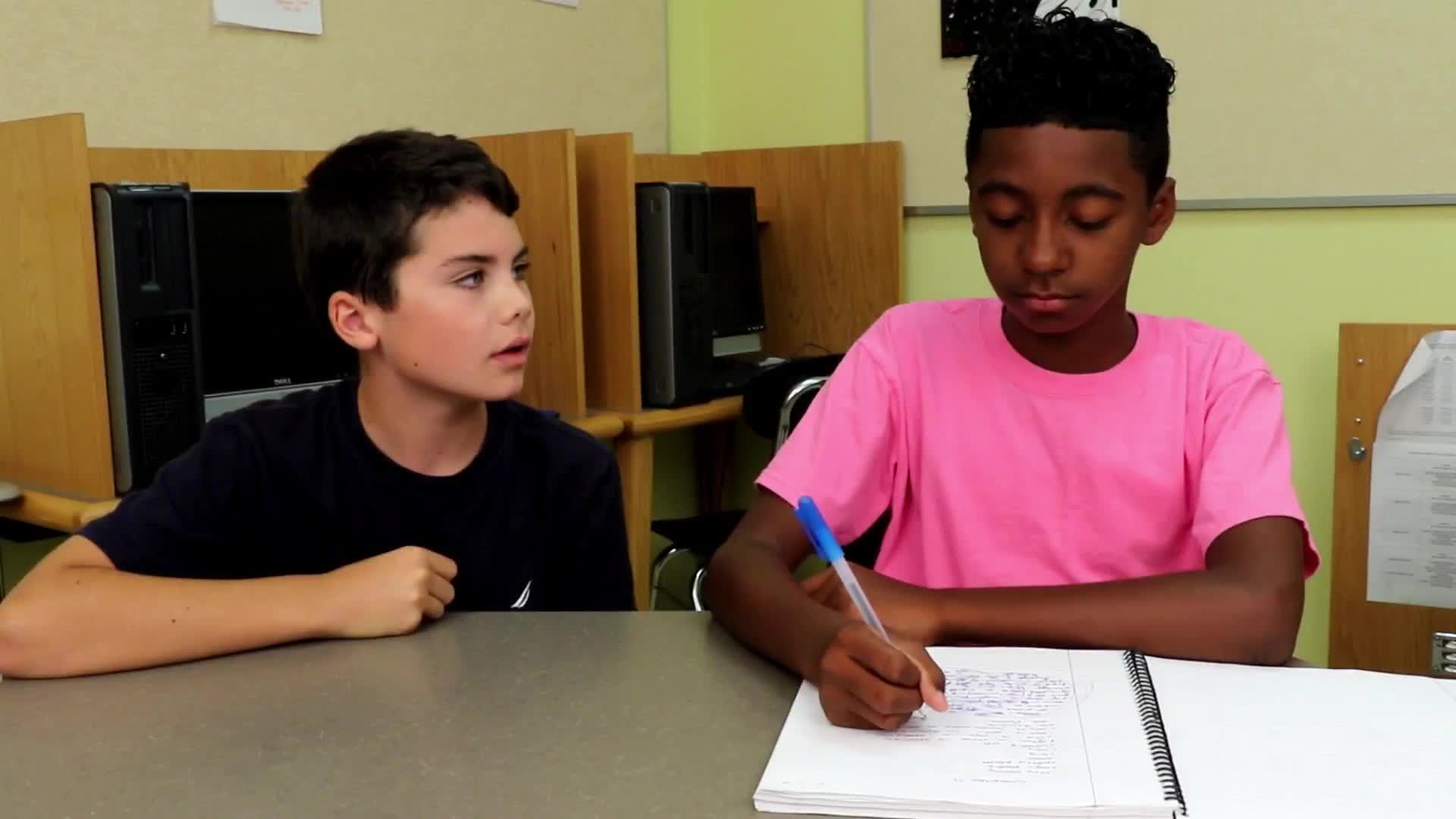
Introduction
Direct and indirect language skills are essential components of effective communication in special education. These skills enable students to express themselves clearly, navigate social situations, and maintain positive relationships. By developing IEP goals that target these skills, educators can significantly improve students’ learning experiences, social interactions, and overall wellbeing.
Understanding Direct and Indirect Language Skills
Direct language involves stating thoughts and feelings explicitly, while indirect language entails conveying messages in a more subtle and nuanced manner. Both skills are vital for students’ ability to communicate effectively, adapt to different social contexts, and maintain healthy relationships. The appropriate use of direct and indirect language can significantly impact students’ learning, social experiences, and emotional wellbeing.
The Role of Specialists
- Speech-Language Pathologists: Assist students in developing appropriate language skills, differentiating between direct and indirect language, and improving their overall communication abilities.
- Social Workers: Help students navigate social situations by understanding the appropriate use of direct and indirect language and supporting their social-emotional development.
- Psychologists: Assess students’ communication abilities and provide guidance on using direct and indirect language effectively to maintain healthy relationships and emotional wellbeing.
- School Counselors: Support students’ social and emotional growth by helping them understand the impact of their language choices and develop effective communication strategies.
IEP Goals for Direct and Indirect Language Skills
Goal 1: Improve students’ ability to differentiate between direct and indirect language and use them appropriately in various social situations.
- Strategies: Role-playing activities, group discussions, and analyzing scenarios to practice recognizing and using direct and indirect language.
Goal 2: Enhance students’ ability to adapt their communication style based on the context and the needs of the listener.
- Strategies: Teaching social cues, practicing active listening, and engaging in exercises that require students to adjust their language use based on different situations.
Goal 3: Develop students’ skills in providing constructive feedback using indirect language to maintain positive relationships.
- Strategies: Modeling appropriate indirect language, providing guided practice in offering feedback, and reinforcing the importance of empathy and consideration in communication.
Implementing and Measuring Progress
To implement these IEP goals, educators should collaborate with specialists, provide consistent support, and create a positive learning environment. Progress can be measured by observing students’ communication abilities, evaluating their understanding of direct and indirect language, and assessing their ability to adapt to different social situations.
Conclusion
Developing effective IEP goals for direct and indirect language skills can significantly enhance middle school students’ communication abilities and social experiences. By implementing these goals and measuring progress, educators can support students in reaching their full potential. To explore more resources and sample materials, visit Everyday Speech Sample Materials.





